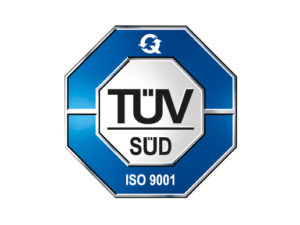Menu
Menu
Close
✓ With outstanding impact strength and mechanical rigidity
✓ for more efficient processing without chemical hardening and
✓ precise adaptation to complex shapes
✓ reusable, as they are easy to reshape.
Our semi-finished textile products are suitable as reinforcement structures for all products made of plastic or SMC material. They impress with their outstanding textile, thermal, mechanical and optical properties.
No matter what challenge you are currently facing with your product or component, let us work together to find a way to optimize your products.
In thermoforming or hot pressing, the embroidered fiber material is laminated or coated with a thermoplastic film. The laminated material is then heated to make it malleable. It is then pressed into or over a mold, where it takes on the desired shape under pressure and heat.
This process is particularly suitable for flat or slightly curved parts and is often used in the automotive and aerospace industries for interior trim and structural components.
In injection molding, the embroidered fiber material is inserted into an injection mold as a reinforcing insert. Thermoplastic resin is then injected into the mold, encasing the fiber insert and forming the finished part.
Suitable for more complex parts with specific reinforcement requirements, such as housing parts or components with high mechanical loads.
The embroidered fiber material is laminated with thermoplastic resins or films and then brought into its final shape under heat and pressure in a press.
This process is often used to produce flat or slightly curved parts with high strength and rigidity requirements.
Together we develop the right combination of carrier material, fiber or fiber mix, fiber orientation and contour of the reinforcement structure (preform) for further processing in your component or product. Right from the start, we pay attention to the cost-efficient production of your semi-finished products.
Our fiber preforms and functional elements are suitable for further processing with these
thermoplastic processes:
For your specific application, we find the right fiber or fiber combination that offers the required material properties for your textile preform. Combine different lightweight fibers with each other or with metal fibers to create hybrid structures. Your product and your application determine the right mix of materials.
We will be happy to advise you personally!
The introduction of commingled yarns or hybrid yarns marks a significant advance in textile processing technology. This technology offers decisive advantages, particularly in the field of thermoplastic applications. It enables the combination of carbon, glass, natural and high-performance fibers with various plastics such as polypropylene (PP), polyamide 6 (PA6) and polyether ether ketone (PEEK).
The integration of two different materials into one yarn made from continuous filament fibers opens up new possibilities and applications – during the automated embroidery process and in the final product. The embroidery process allows precise placement of the fibers, resulting in even distribution and strength in the end product.
Tailored fiber placement significantly minimizes waste and lowers your production costs. At the same time, they are highly recyclable and reusable.
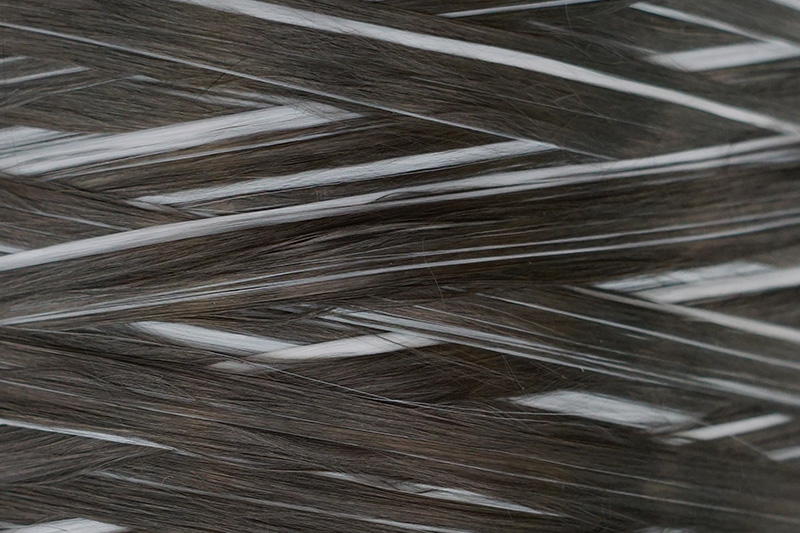
PP is a versatile polymer with excellent properties, including low weight, resistance to moisture and chemicals and good insulating properties. The combination of carbon, glass and other fibers with PP fibers opens up possibilities for durable and lightweight materials that are used in various industries, from packaging to sports equipment.
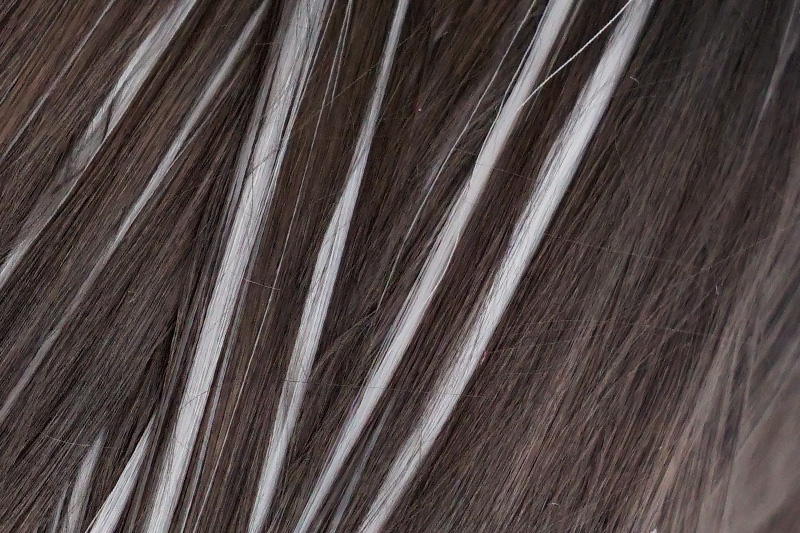
PA6 in combination with carbon fibers has shown remarkable advantages. The addition of carbon fibers to PA6 significantly improves stiffness and strength, resulting in materials that can withstand extreme loads. The commingling of these two materials creates innovative opportunities for automotive, construction and high performance applications where strength and durability are critical.
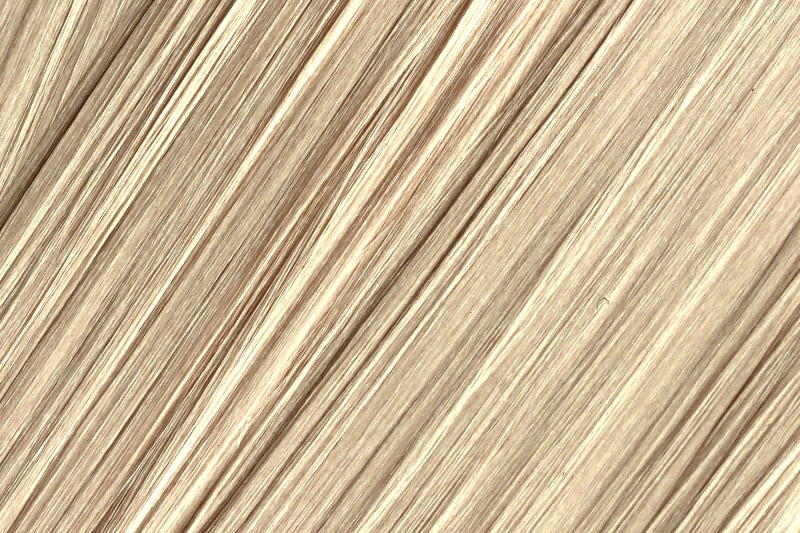
The use of PEEK in fiber technology has attracted attention because this high-performance polymer has exceptional mechanical properties, chemical resistance and temperature stability. In combination with glass fibers, for example, PEEK can lead to composite materials that guarantee exceptional strength and rigidity. Commingling this polymer with other fibers expands applications in areas such as aerospace, automotive and medical technology.
Cost-efficient production of complex preforms
Complex patterns, layers or arrangements of fibers in preforms for precise reinforcement
Lightweight fibers and carrier materials, but high rigidity due to optimal fiber orientation
Individual combination of lightweight fibers (carbon, glass fiber, aramid, basalt, ...) and metals
Seamless integration of heating wires or sensor threads in fiber preforms
Production with high repeat accuracy in small and large series
Get in touch with us! We look forward to your idea or challenge!
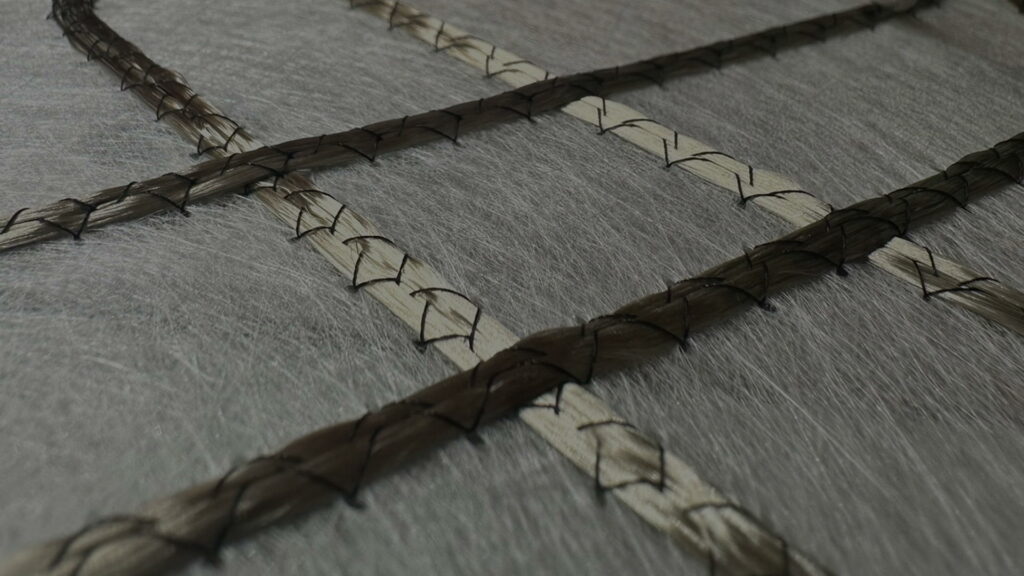
Using an innovative TFP process, we produce fiber preforms for thermoset processing.
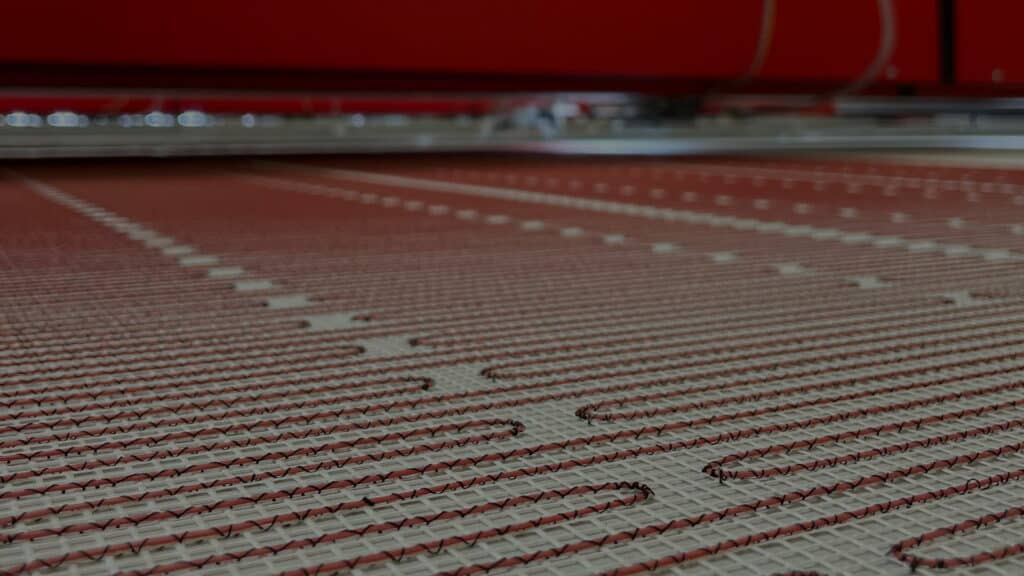
Integrate a heating function seamlessly and homogeneously into your fiber composite component or plastic product!

Seamlessly expand your fiber composite component with necessary or additional functions, such as damage sensing, measurement data acquisition, data transmission and much more!
